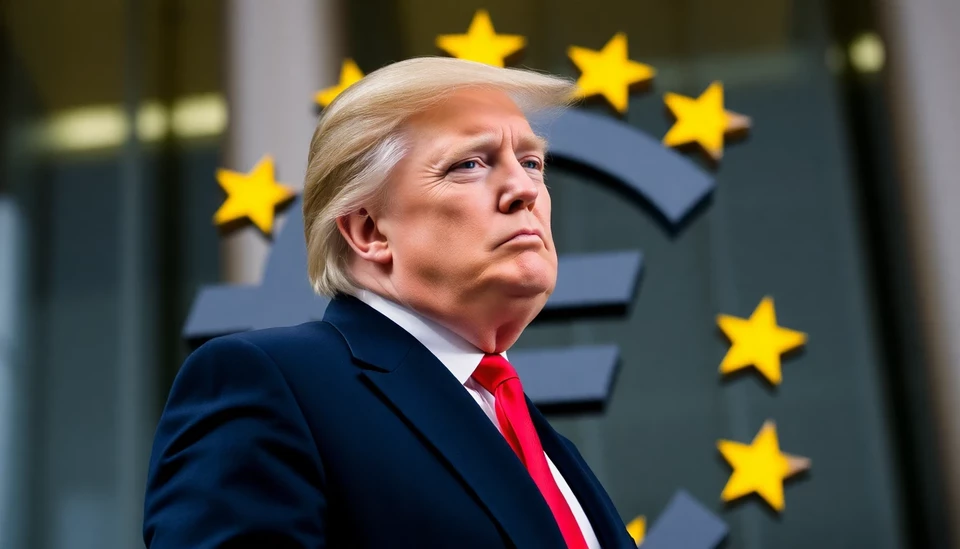
Recent data indicates a notable deceleration in inflation within the Eurozone, presenting a glimmer of hope for monetary policymakers. However, this development has not significantly eased the concerns surrounding the European Central Bank (ECB), especially in light of potential political shifts influenced by figures like Donald Trump.
The latest Consumer Price Index (CPI) reports from Eurostat indicate that inflation has fallen to a surprising low, prompting optimism among economists. This decline suggests that aggressive monetary policies may soon be less essential. ECB President Christine Lagarde and her colleagues see the downward trend as a sign of their efforts to combat inflation succeeding, albeit with caution. They emphasize that while the numbers are moving in the right direction, the path ahead remains fraught with uncertainties.
A crucial aspect of the current landscape is the looming threat posed by Trump's potential reemergence in the U.S. political scene. His policies have historically had ripple effects that extend far beyond American borders, affecting global markets and economic stability. European officials are particularly wary of this, given that any shift in U.S. economic policy could create turbulence in Europe, complicating the ECB's mission even further.
Some analysts argue that Trump's unpredictable approach to politics and economics could undermine any progress made in the fight against inflation. Specifically, they worry that a resurgence of protectionist policies, reminiscent of those seen during his presidency, could strain international trade relationships and lead to economic destabilization. This, in turn, could force the ECB into an uncomfortable position regarding interest rates and investment strategies.
In parallel, ECB officials are keeping a watchful eye on unemployment rates and consumer spending in the Eurozone. While current trends suggest a resilient recovery, the interaction between these indicators and external factors like Trump’s political maneuvers remains complex. The central bank has warned against complacency, urging member states to continue adopting prudent fiscal measures to foster stability.
The Eurozone is also navigating other challenges, such as energy prices, supply chain disruptions, and lingering effects of the pandemic. These multifaceted issues contribute to the unpredictability of the economic environment, complicating the ECB's efforts to guide the region toward sustainable growth.
Overall, while slowing inflation may offer some relief to the ECB, the central bank remains vigilant in monitoring the implications of political figures like Trump on the broader European economic landscape. As the situation develops, the focus will be on forming coherent strategies that navigate the tenuous balance between domestic stability and international uncertainties.
As the economic landscape continues to evolve, market participants and policymakers alike will be keenly focused on how these developments play out in Europe and beyond. The road ahead may prove to be challenging, but a concerted effort to understand and adapt to these changes is imperative for economic resilience.
In conclusion, the ECB’s cautious optimism in the face of slowing inflation is tempered by the political complexities that could arise from shifts in global leadership. All eyes are on Trump as his next moves could have profound effects not only in the U.S. but across the Atlantic in the Eurozone.
#ECB #Inflation #Eurozone #Trump #EconomicStability #MonetaryPolicy #ConsumerPrices #ChristineLagarde
Author: Rachel Greene




